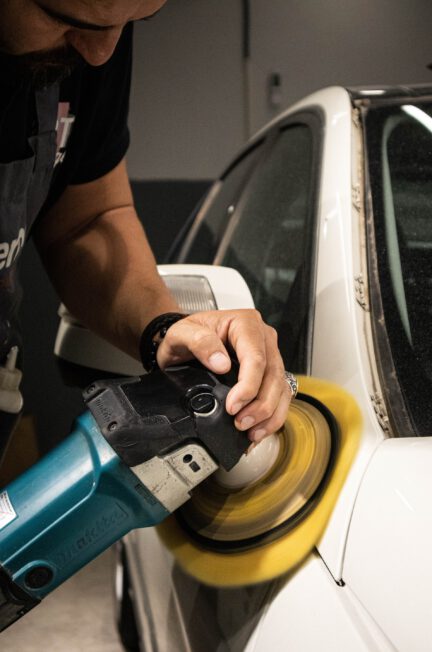Car buying can be an exciting time for a first-time buyer, but it can also be stressful. Before heading to the dealership, do your homework.
Know your credit score to secure outside financing and avoid the dealer’s high-interest rates. You can also use your smartphone to double-check prices with a car-buying app and a payment calculator.
Get Pre-approved
One of the first things you should do before going to a dealership is get pre-approved for an auto loan. It will help you avoid relying on dealer financing, which can be more expensive in the long run. Preapproval also lets dealers know you are a serious buyer, giving you more bargaining power regarding price.
It can also help you resist the dealership’s attempts to sell you a loan with higher interest rates than what your credit should qualify you for.
Get a Down Payment
A down payment reduces the money you’ll need to borrow if you buy a vehicle from Turner Kia. It can also help you qualify for a lower interest rate and save you money in the long run. A typical down payment is 20% of the car’s total cost, but putting down as much as you can afford is a good idea.

Down payments can be made in cash, personal checks, or debit cards. Many dealerships even accept trade-in vehicles as a form of down payment.
If you plan on using a credit card for a down payment, check your available credit beforehand. This will prevent you from exceeding your credit utilization limit, which can hurt your score.
Drive a Hard Bargain
Dealerships often inflate the price of vehicles by adding a broad assortment of fees and extras. This tactic is designed to trick buyers into thinking they’re getting a good deal when they’re not. Focus on the out-the-door price and get a complete breakdown of all fees before you sign any documents.
A financing deal is also helpful before you head to the dealership. A preapproval from your credit union or bank can help you set a limit on the rate and length of loan the dealer can offer, and it can save you time and stress in the showroom.
Drive a Soft Bargain
Dealerships can often try to sway you toward extra add-ons like tire protection plans, infotainment upgrades, credit insurance, and VIN etching. Stay away from these tricks: they are usually unnecessary and can cost you more in the long run.
It’s also a good idea to talk to several lenders outside the dealership to line up alternative financing. This will give you some leverage when negotiating with the dealer.

Be aware of things you can’t haggle on, such as sales taxes and registration fees. Remembering this will assist in maintaining your focus on essential matters. Also, if you can avoid bringing up your previous car-buying experience, you’ll have an edge in the negotiation. This will make you seem more confident and authoritative.
Negotiate
Remember that dealership staff is there to make a profit when negotiating a car purchase. That means they must sell the vehicle reasonably and get a decent profit on financing, trade-ins, and add-ons.
When discussing the price of a car, avoid the dealer’s temptation to steer the discussion into monthly payments. Instead, stick with the car’s purchase price and what your research shows it is worth.
Photo by Arvid Skywalker on Unsplash



